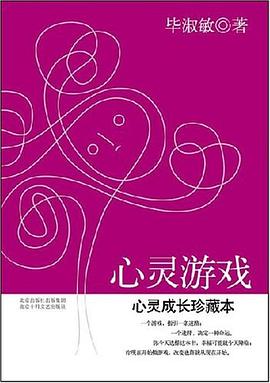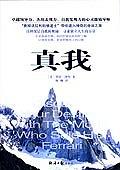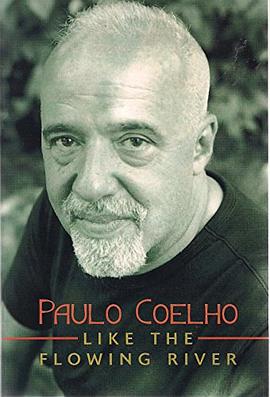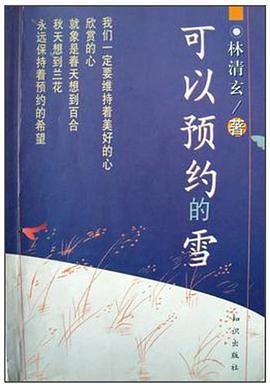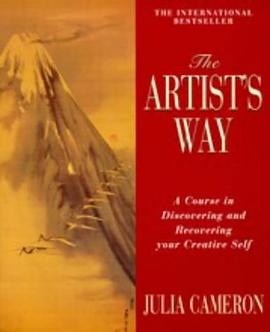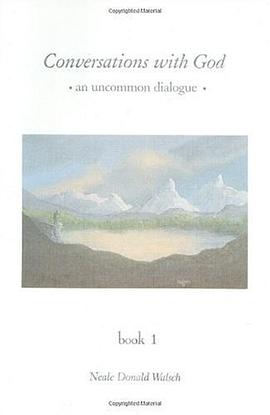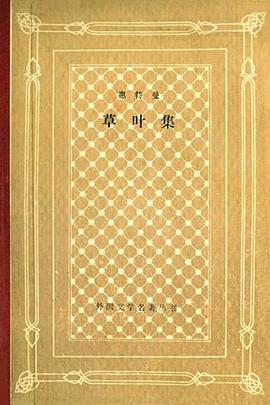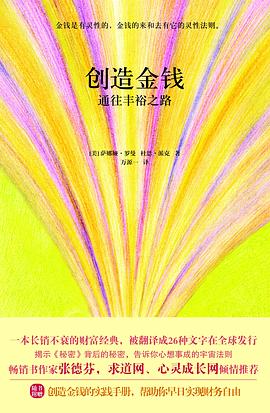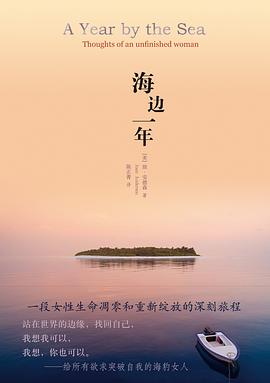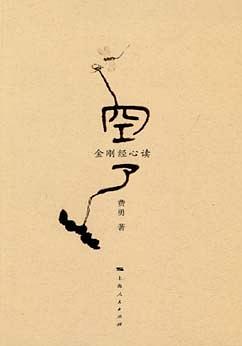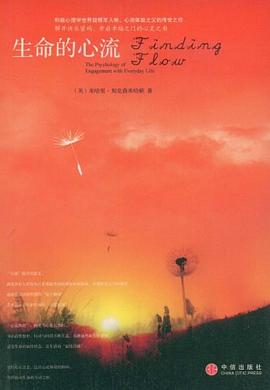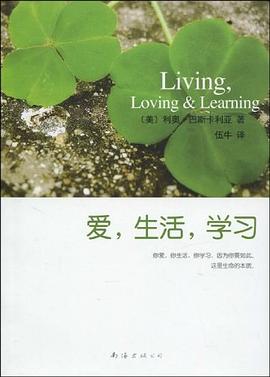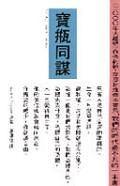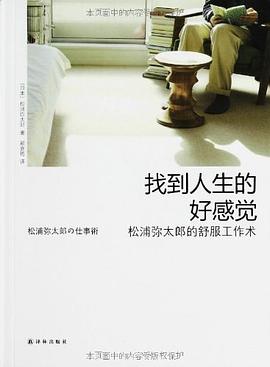

在綫閱讀本書
A brain scientist's journey from a debilitating stroke to full recovery becomes an inspiring exploration of human consciousness and its possibilities
On the morning of December 10, 1996, Jill Bolte Taylor, a thirty-seven-year-old Harvard-trained brain scientist, experienced a massive stroke when a blood vessel exploded in the left side of her brain. A neuroanatomist by profession, she observed her own mind completely deteriorate to the point that she could not walk, talk, read, write, or recall any of her life, all within the space of four brief hours. As the damaged left side of her brain--the rational, grounded, detail- and time-oriented side--swung in and out of function, Taylor alternated between two distinct and opposite realties: the euphoric nirvana of the intuitive and kinesthetic right brain, in which she felt a sense of complete well-being and peace; and the logical, sequential left brain, which recognized Jill was having a stroke, and enabled her to seek help before she was lost completely.
In My Stroke of Insight , Taylor shares her unique perspective on the brain and its capacity for recovery, and the sense of omniscient understanding she gained from this unusual and inspiring voyage out of the abyss of a wounded brain. It would take eight years for Taylor to heal completely. Because of her knowledge of how the brain works, her respect for the cells composing her human form, and most of all an amazing mother, Taylor completely repaired her mind and recalibrated her understanding of the world according to the insights gained from her right brain that morning of December 10th.
Today Taylor is convinced that the stroke was the best thing that could have happened to her. It has taught her that the feeling of nirvana is never more than a mere thought away. By stepping to the right of our left brains , we can all uncover the feelings of well-being and peace that are so often sidelined by our own brain chatter. A fascinating journey into the mechanics of the human mind, My Stroke of Insight is both a valuable recovery guide for anyone touched by a brain injury, and an emotionally stirring testimony that deep internal peace truly is accessible to anyone, at any time. Questions for Jill Bolte Taylor Amazon.com: Your first reaction when you realized what was happening to your body was one you would expect: "Oh my gosh, I'm having a stroke!" Your second, though, was a little more surprising: "Wow, this is so cool!" What could be cool about a stroke? Taylor: I grew up to study the brain because I have a brother who is only 18 months older than I am. He was very different in the way he perceived experiences and then chose to behave. As a result, I became fascinated with the human brain and how it creates our perception of reality. He was eventually diagnosed with the brain disorder schizophrenia, and I dedicated my career to the postmortem investigation of the human brain in an attempt to understand, at a biological level, what are the differences between my brain and my brothers brain. On the morning of the stroke, I realized that my brain was no longer functioning like a "normal" brain and this insight into my brother's reality excited me. I was fascinated to intimately understand what it might be like on the inside for someone who would not be diagnosed as normal. Through the eyes of a curious scientist, this was an absolutely rare and fascinating experience for me to witness the breakdown of my own mind. Amazon.com: What did you learn about the brain from your stroke and your recovery that your scientific training hadn't prepared you for? Taylor: My scientific training did not teach me anything about the human spirit and the value of compassion. I had been trained as a scientist, not as a clinician. I can only hope that we are teaching our future physicians about compassion in medicine, and I know that some medical schools, including the Indiana University School of Medicine, have created a curriculum with this intention. My training as a scientist, however, did provide me with a roadmap to how the body and brain work. And although I lost my left cognitive mind that thinks in language, I retained my right hemisphere that thinks in pictures. As a result, although I could not communicate with the external world, I had an intuitive understanding about what I needed to do in order to create an environment in which the cells in my brain could be happy and healthy enough that they could regain their function. In addition, because of my training, I had an innate trust in the ability of my brain to be able to recover itself and my mother and I respected the organ by listening to it. For example, when I was tired, I allowed my brain to sleep, and when I was fresh and capable of focusing my attention, we gave me age-appropriate toys and tools with which to work. Amazon.com: Your stroke affected functions in your left brain, leaving you to what you call the "la-la land" of your right hemisphere. What was it like to live in your right brain, and then to rebuild your left? Taylor: When the cells in my left brain became nonfunctional because they were swimming in a pool of blood, they lost their ability to inhibit the cells in my right hemisphere. In my right brain, I shifted into the consciousness of the present moment. I was in the right here, right now awareness, with no memories of my past and no perception of the future. The beauty of La-la land (my right hemisphere experience of the present moment) was that everything was an explosion of magnificent stimulation and I dwelled in a space of euphoria. This is great way to exist if you don't have to communicate with the external world or care whether or not you have the capacity to learn. I found that in order for me to be able to learn anything, however, I had to take information from the last moment and apply it to the present moment. When my left hemisphere was completely nonfunctional early on, it was impossible for me to learn, which was okay with me, but I am sure it was frustrating for those around me. A simple example of this was trying to put on my shoes and socks. I eventually became physically capable of putting my shoes and socks on, but I had no ability to understand why I would have to put my socks on before my shoes. To me they were simply independent actions that were not related and I did not have the cognitive ability to figure out the appropriate sequencing of the events. Over time, I regained the ability to weave moments back together to create an expanse of time, and with this ability came the ability to learn methodically again. Life in La-la land will always be just a thought away, but I am truly grateful for the ability to think with linearity once again. Amazon.com: What can we learn about our brains and ourselves from your experience, even if we haven't lived through the kind of brain trauma you have? Taylor: I learned that I have much more say about what goes on between my ears than I was ever taught and I believe that this is true for all of us. I used to understand that I had the ability to stop thinking about one thing by consciously choosing to preoccupy my mind with thinking about something else. But I had no idea that it only took 90 seconds for me to have an emotional circuit triggered, flush a physiological response through my body and then flush completely out of me. We can all learn that we can take full responsibility for what thoughts we are thinking and what emotional circuitry we are feeling. Knowing this and acting on this can lead us into feeling a wonderful sense of well-being and peacefulness. Amazon.com: You are the "Singin' Scientist" for Harvard's Brain Bank (just as you were before your stroke). Could you tell us about the Brain Bank (in song or not)? Taylor: There is a long-term shortage of brain tissue donated for research into the severe mental illnesses. Most people dont realize that when you sign the back of your license as an organ donor, the brain is not included. If you would like to donate your brain for research, you must contact a brain bank directly. There is also a shortage of "normal control" tissue for research. The bottom line reality is that if there were more tissue available for research, then more scientists would be dedicating their careers to the study of the severe mental illnesses and we would have more answers about what is going on with these disorders. The numbers of mentally ill individuals in our society are staggering. The most serious and disabling conditions affect about 6 percent--or one in 17--adults and 9-13 percent of children in the United States. Half of all lifetime conditions of mental illness start by age 14 years, and three-fourths by age 24 years. For more information about brain donation to the Harvard brain bank, please call 1-800-BRAINBANK or visit them at: www.brainbank.mclean.org If you would like to hear me sing the brain bank jingle, please visit www.drjilltaylor.com!
具體描述
讀後感
读了前7章。 左脑功能丧失,作者分不清自己和世界的边界,达到了真正的无我。因此她说,也就无所谓得失。 她躺在病床上分不清远近,如同心经中的状态,无垢无净。 我还没写完,怎么是短呢? 不能过几天再写啊。
評分有作者这种超级体验的人,历史上可能少之又少,恰好作者又是位神经科学家。 看完泰勒的视频和书,就会发现,老子的天人合一、致虚极、守静笃,万物并作,吾以观复,老子所谓”为学日益,为道日损“,正是指用暂时关闭左脑,直接右脑去体验世界! 收集了一点相关资料,在这里htt...
評分书到手后,刚开始没觉得太吸引,但越看越投入,一口气读掉了半本书。有网友评论说,这本书太垃圾了,啰啰嗦嗦,一直在重复,可能是因为作者中风了,头脑不清楚吧。但作者的絮叨我看得认认真真仔仔细细,如果能静下心来看,你可以看到这是作者在描述当时的状态,你看到的絮叨,...
評分这本书彻底疏通了我对宗教以及各类灵修的认识。 其实每种修行方法强调的都是放下,放空,接受。接受心念一致的当下,才能接触到人生的真相。 其实这本书里, Jill这个脑神经研究专家以自己的亲身中风后的感受告诉你。人类一直以来用错了大脑。我们每个人都以左...
評分一个西方脑科学家在中风的过程中感受到了类似涅槃、三摩地等状态下的平和和喜悦,这种平和和喜悦在我们的右脑中产生。我们平时可以通过关注不同的感官,譬如嗅觉、味觉、听觉、视觉等来让我们产生平和和喜悦,关注自己的情绪,瑜伽、太极等运动也是不错的方式。
用戶評價
哈佛腦科教授從中風腦癱到重任"腦力銀行行長"的復建心路。很久前讀過,學到觀察細微進步鼓勵自己照顧彆人的方法,後來她來學校演講,給我的感動至今都很清晰。
评分Read this book if you are interested in meditation or zen. Otherwise it is just a soup of mind
评分喜歡她描述自己中風全過程那段,特彆抓人心,特彆惹人同情。但她自己把中風經曆吹成佛教的“涅槃”體驗,然後被宣傳開來這點影響真心不好,聽她那描述充其量就是個一般的神秘體驗,一種魔。“見山是山,見山不是山,見山還是山。”的角度來看,Jill頂多處於“見山不是山”的階段。我對她的經曆和體會沒有質疑,隻是覺得體驗完左腦癱瘓後那信心滿滿的總結太武斷瞭——“我經曆瞭中風後就開悟啦!!!”....用傑德的話來說,把神秘體驗當開悟的人很多,她算是“掉”進去瞭。大腦wiring變瞭不代錶智力受損,隻是加工信息的方式不同瞭,我們應該理解他們奇妙的世界觀,製定科學人性化的康復計劃,或許尊重他們不再願意迴到“正常世界”的選擇(因為魔境的誘惑力太大)。總的來說,花瞭8年時間康復很勵誌,真的是劫後重生。
评分喜歡她描述自己中風全過程那段,特彆抓人心,特彆惹人同情。但她自己把中風經曆吹成佛教的“涅槃”體驗,然後被宣傳開來這點影響真心不好,聽她那描述充其量就是個一般的神秘體驗,一種魔。“見山是山,見山不是山,見山還是山。”的角度來看,Jill頂多處於“見山不是山”的階段。我對她的經曆和體會沒有質疑,隻是覺得體驗完左腦癱瘓後那信心滿滿的總結太武斷瞭——“我經曆瞭中風後就開悟啦!!!”....用傑德的話來說,把神秘體驗當開悟的人很多,她算是“掉”進去瞭。大腦wiring變瞭不代錶智力受損,隻是加工信息的方式不同瞭,我們應該理解他們奇妙的世界觀,製定科學人性化的康復計劃,或許尊重他們不再願意迴到“正常世界”的選擇(因為魔境的誘惑力太大)。總的來說,花瞭8年時間康復很勵誌,真的是劫後重生。
评分真的很神奇...關閉左腦後,另外那半個平時不受待見的腦子就能帶你融進宇宙...不過這樣的描述也讓我懷疑平日種種感受的真實與虛幻...如果以後有幸經曆類似體驗,會來更新的...
相關圖書
本站所有內容均為互聯網搜索引擎提供的公開搜索信息,本站不存儲任何數據與內容,任何內容與數據均與本站無關,如有需要請聯繫相關搜索引擎包括但不限於百度,google,bing,sogou 等
© 2025 qciss.net All Rights Reserved. 小哈圖書下載中心 版权所有

